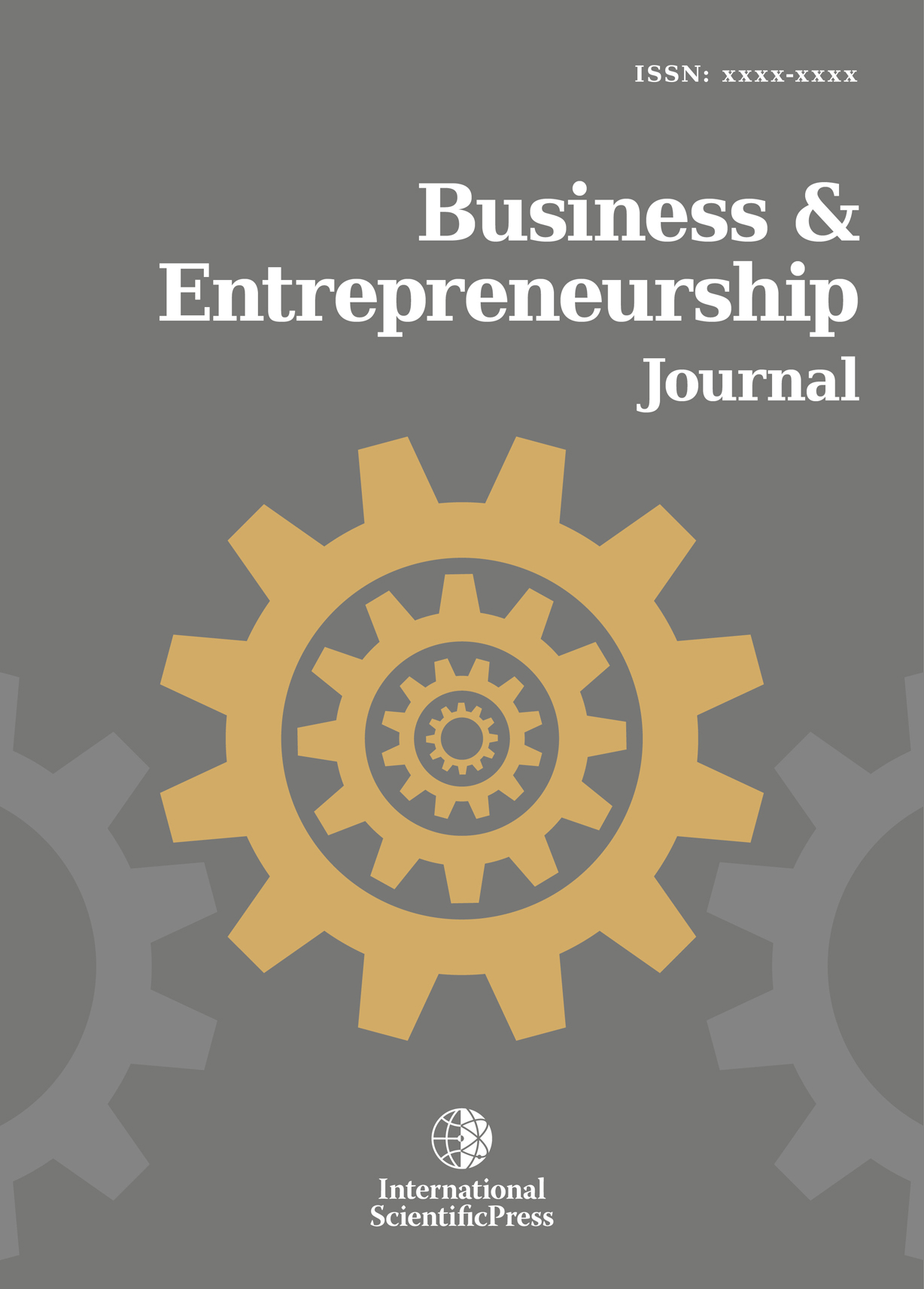Business & Entrepreneurship Journal
Decentralized Environmental Regulation with Agglomeration Forces
-
 [ Download ]
[ Download ]
- Times downloaded: 8852
Abstract
Convention, in the setting of interjurisdictional economic competition, envisions a race-to-the-bottom when decentralized jurisdictions, in their eagerness to attract commerce, introduce policies to reduce business costs in the form of tax structures that under-provide local public goods and lax pollution standards that lower environmental quality. The current body of empirical evidence, however, does not provide compelling support for the race within the context of environmental federalism. The theoretical work presented herein debits the inventory of literature questioning the race-to-the-bottom claim by introducing agglomeration forces into the standard model. When agglomeration influences are weak to moderate, the race is still on. Conversely, when agglomeration forces are strong, fiscal competition influences are mitigated therefore providing jurisdiction's incentives to strengthen local environmental standards.
JEL classification numbers: H73, R12, R30.
Keywords: Environmental federalism, Interjurisdictional competition, External economies of scale.
